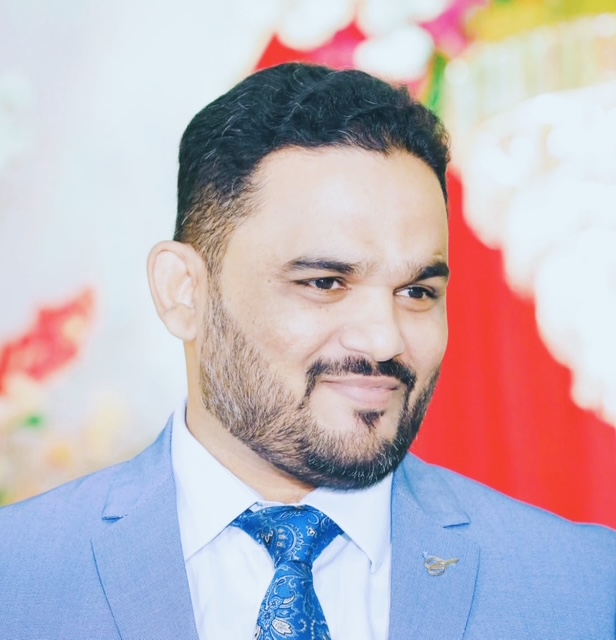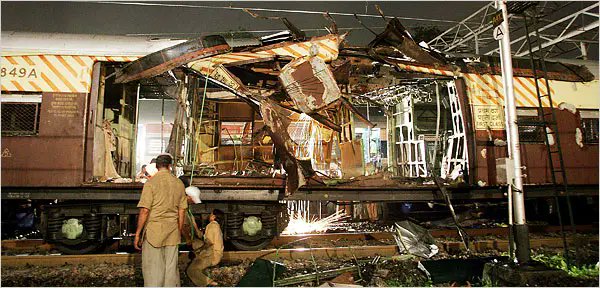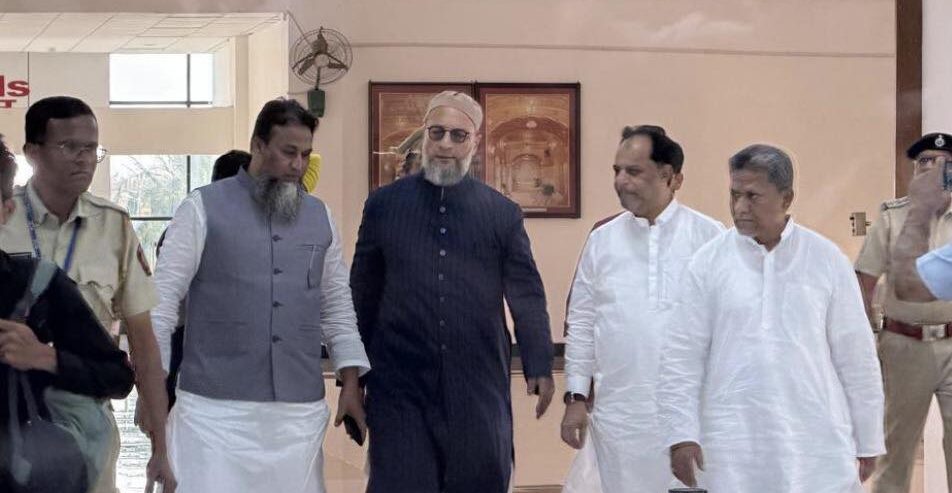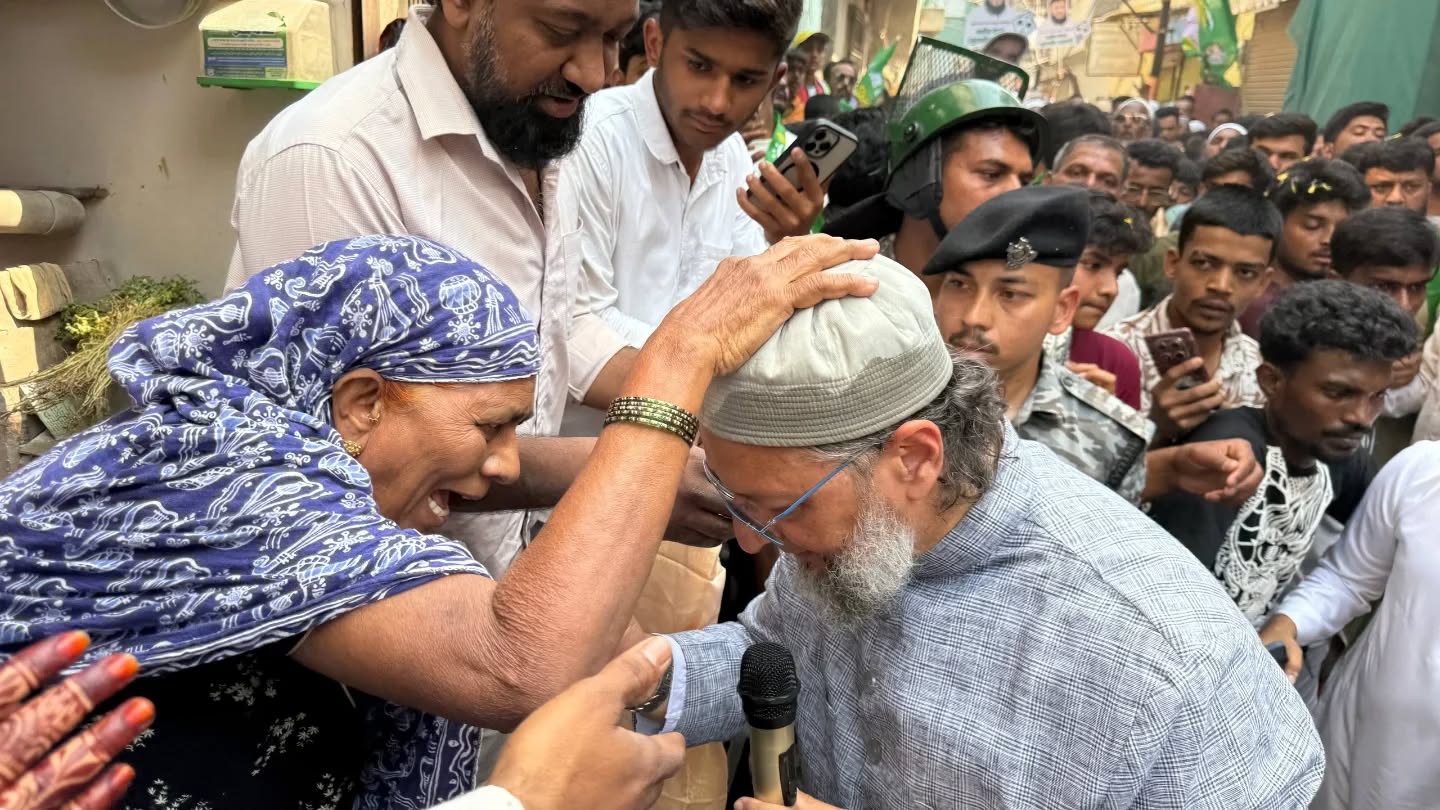Mohammed Naseer Giyas
An acquittal is not a triumph of justice, but a confession of the state’s failure. This raises haunting questions for every Indian who believes in human rights: Who will give back the 17 years these innocent individuals lost? Will the police who allegedly used torture to obtain false confessions be held accountable? Will the media outlets that labeled them terrorists and ruined their lives ever face scrutiny?
This case highlights a disturbing and recurrent pattern in India’s response to terrorism. When an attack occurs, investigative agencies often reflexively target Muslims. Young men from this community are detained, allegedly tortured, and publicly branded as terrorists. A predictable script unfolds: a blast is followed by the arrest of Muslims, a trial by media, long years of imprisonment, and then, a quiet acquittal after their lives are irrevocably damaged.
This tragic sequence has been seen in several major cases. In the Malegaon, Mecca Masjid, and Samjhauta Express blasts, Muslim youths were initially framed and spent years in prison, only to be found innocent later. Subsequent investigations in some of these incidents pointed towards extremist groups from the majority community, whose members were often prosecuted after significant delays or acquitted.
This pattern reveals a deep-seated bias within the social and political system. It is not merely a matter of police failure but a sign of state-sponsored prejudice, where a citizen’s guilt or innocence is presumed based on their religion. An accused Muslim is often immediately linked to international terror groups or Pakistan. However, when the accused is a Hindu—like Swami Aseemanand in the Samjhauta case or Sadhvi Pragya in the Malegaon case—they are often portrayed as misguided or acting alone. This double standard is a stain on the nation’s justice system and media ethics.
The reaction from the Maharashtra government has been equally troubling. Chief Minister Devendra Fadnavis described the Bombay High Court’s verdict in the 2006 Mumbai train blasts case as “shocking” and announced the government would appeal to the Supreme Court. This response suggests a refusal to acknowledge the systemic failure, instead attempting to delegitimize a well-reasoned judicial decision. The Supreme Court itself has noted that staying an acquittal is an exceptional measure, underscoring the strength of the High Court’s judgment.
Despite their acquittal, the individuals who lost 17 years of their lives continue to live under a shadow of stigma.
The media’s role throughout this ordeal has been grossly irresponsible. In 2006, following the Mumbai train blasts, television channels sensationalized the arrests, uncritically repeating the police narrative and portraying the accused as enemies of the nation. Now, after their acquittal, these same media outlets have largely fallen silent or have buried the story, with none offering an apology or questioning the officials who orchestrated the flawed investigation.
The most critical question now is about justice and restitution. Is simply releasing these innocent men from prison enough? The state has a moral obligation to help them rebuild their shattered lives through financial compensation and psychological support. Crucially, there must be accountability. The officers who fabricated evidence and used torture must face strict action. Until there are consequences for such abuses of power, these injustices will persist, and more innocent lives will be destroyed by state oppression.
Seventeen years is an eternity. For those locked away in a cell, time stands still while the world moves on. This is the story of the men recently acquitted by the Bombay High Court, but it is also the story of a failed system that stole 17 years of their lives, only to release them with the hollow words: “There was not enough evidence.”

Mohammed Naseer Giyas is a multi-media and bilingual journalist with over 20 years of experience across print, digital, and television media. Founder of Raftaar-e-Deccan, he is an alumnus of IVLP, Thomson Reuters Foundation, and ICFJ, and has worked with leading English and Urdu news organisations.











